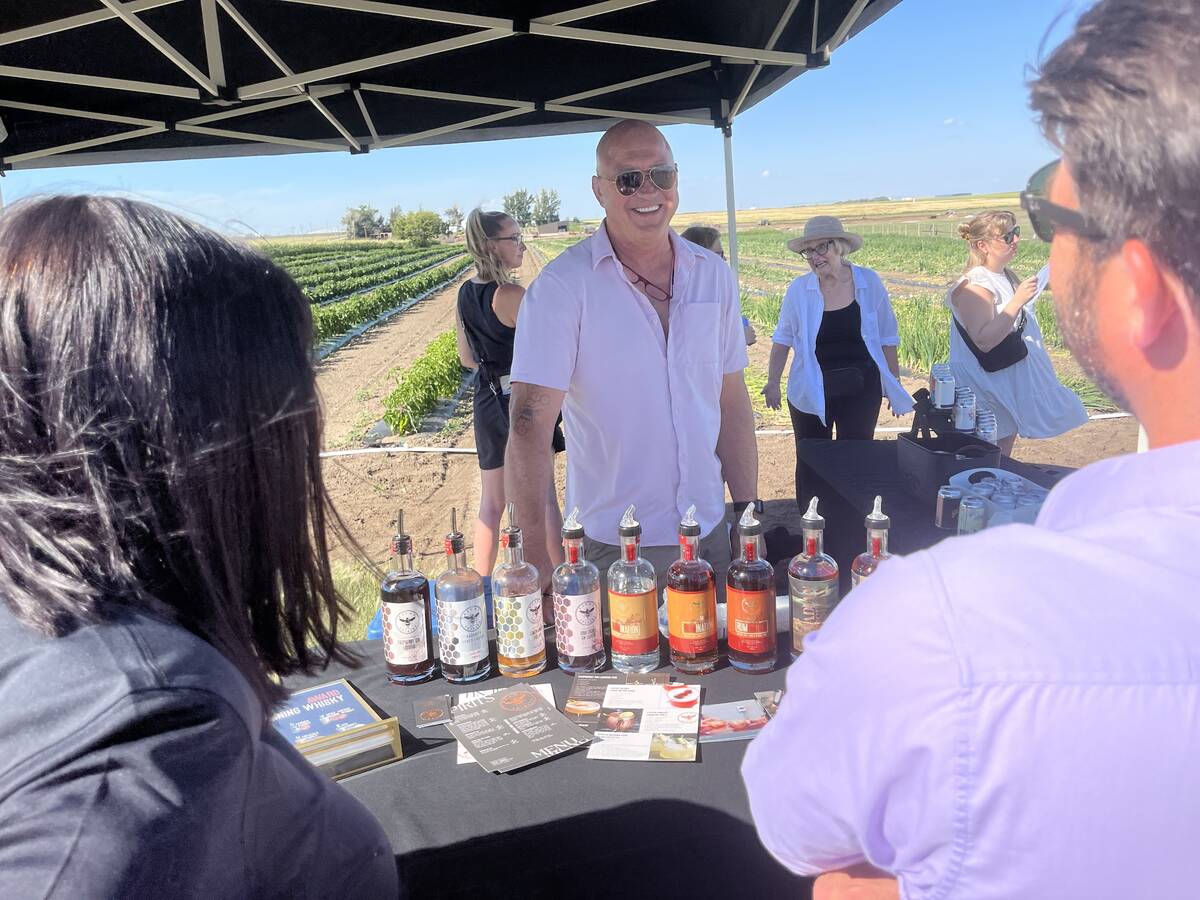Applications for interim payments under the 2001 farm aid program are coming in fast and furious, even though the ability to get such payments has not been officially announced.
Ellen Funk, a spokesperson for the Canadian Farm Income Program in Winnipeg, said producers were advised by letter and through advertisements that applications were available Sept. 17.
She said about 3,000 applications had come in by Sept. 28 and most were likely from Saskatchewan. The federal government also administers the program in Manitoba, Nova Scotia, New Brunswick and Newfoundland.
This compares to about 800 applications for interim payments under the 1999 Agricultural Income Disaster Assistance program.
Read Also

From farmer to award-winning distiller
Pivot Spirits showcases transition from farmer to distiller with provincial award-winning results in Alberta for Lars Hirch
Funk said the interim payments were implemented because of the widespread drought this year. Producers will receive 50 percent of their estimated payment and must file a final application later.
Interim payments were not available for 2000 CFIP.
Meanwhile, the Oct. 1 deadline to submit applications for 2000 CFIP was extended to Oct. 15.
“We did have calls from producers who are experiencing a late harvest,” Funk said.
British Columbia, which administers its own program, has also extended its deadline by two weeks.
Funk said applications are being processed well within the service standard of 90 days, with most cheques processed within 60 days.
CFIP officials will be holding information sessions in Saskatchewan at the end of October.















